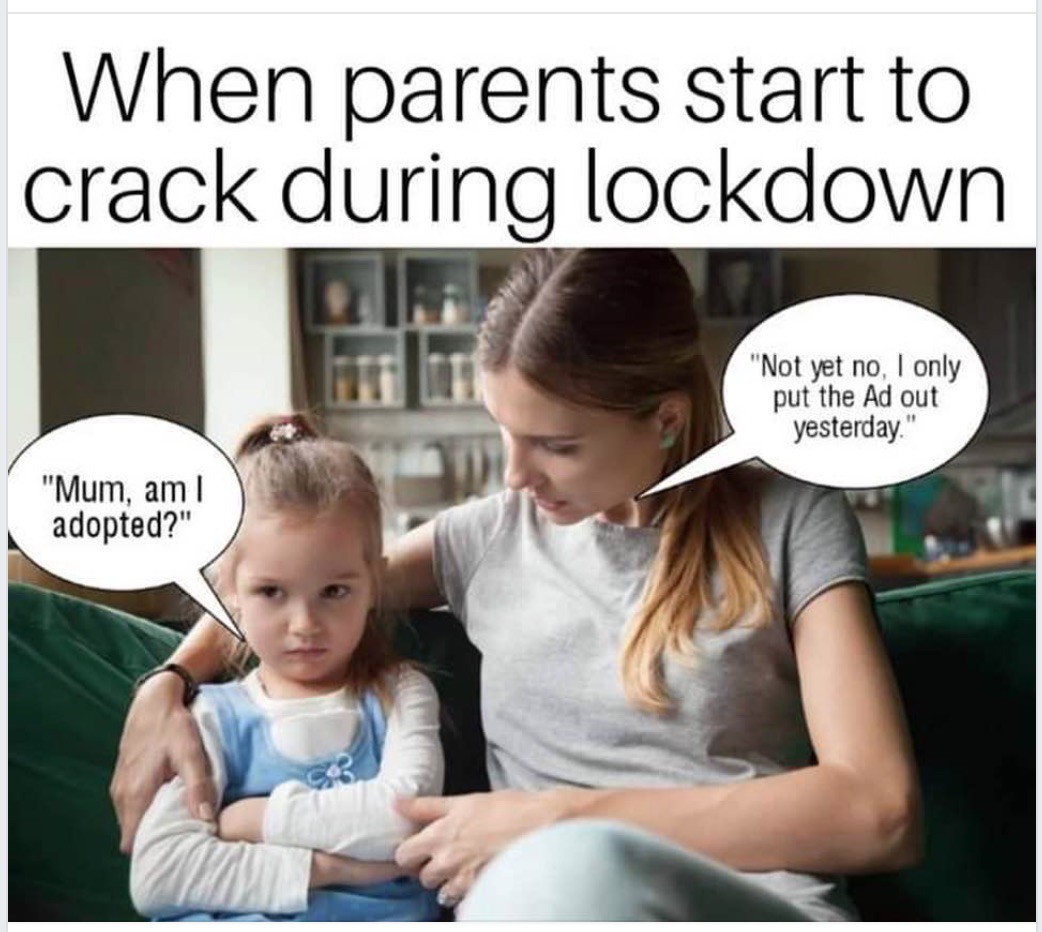Santa Paula Times
“Gonna ask my Mom if that offer to slap me into next year is still on the table…”
“There aren’t 10 people I like enough to gather with!”
“Where was social distancing when I was married?”
COVID comedy. Pandemic puns. Virus shtick. There’s plenty out there, jokes and memes about washing your hands, social distancing, distance learning, toilet paper — not toilets — and more.
COVID-19 is no laughing matter, but people have to laugh for their own well-being.
“If I were still teaching interpersonal communication at CLU,” said Beverly Kelley, professor emerita, Communications Department California Lutheran University, “I would definitely be talking about COVID-19 and humor. You know the old saying, ‘Laughter is the best medicine.’ ”
And, at this point, it is the only medicine proven effective for the masses who fear the virus or had mild cases. Many interviews of survivors have been peppered with quips, perhaps of relief that they are not among those tragically lost to COVID-19, which reached America’s shores early this year — or ever earlier, according to some reports.
“Did you known there have been oodles of studies on the benefits of laughter? Seriously, I kid you not,” said Kelley. “First of all, laughter actually reduces pain — either physical or emotional or both. Not only does laughing distract you from the pain, but also it actually helps your blood vessels relax and expand, thus increasing blood flow to your brain, which might come in handy sometime soon.
“I’m waiting for scientists to prove that laughing is as good for your arteries as exercising and avoiding fats. That may be a stretch, but laughing is certainly more fun than exercising and avoiding fats,” especially during these times of staying home and eating.
Kelley said laughter also reduces blood sugar levels, which is good news for diabetics, “but also helps the rest of us. Think mood swings, you know, when your blood-sugar levels spike and then immediately drop. Laughing evens out your blood sugar levels — and your mood.”
How about “After four weeks alone I feel sorry for every person who ever spent time with me.”
Or “Knock knock. Who's there? No one, because we're isolating.”

“Anyone else’s car getting three weeks to the gallon?”
“I’m so over being part of a historical event about now.”
“My husband and I decided we didn’t want to have children. We’ll be telling them tonight at dinner.”
Many of the COVID-19 jokes, quips and memes are funny and do show grace under fire and coping skills. And that can also prompt creativity.
“Studies also show laughter increases both creativity and problem-solving,” said Kelley. “Not only have I noticed people laughing, smiling, and doing nice things for each other during this enforced stay at home, but the quarantine has also changed the ways we live our lives. With unexpected free time, people are writing books, playing musical instruments, creating art, cleaning their closets, and cooking up a storm. As to the future — I believe folks out there right now are coming up with innovations to help us make really positive changes, post-quarantine.”
“It’s like I’m 16 again — I’m grounded and gas is cheap!”
“I’m quarantined — but the kids keep trying to get in!”
“I’ll tell you a coronavirus joke now, but you’ll have to wait two weeks to see if you got it.”
“During the days of COVID-19, you can focus on the fear,” or, said Kelley, “You can sterilize the heck out of everything. You can sit in your dark house and watch the news 24/7. You can visit the refrigerator every time you feel anxious and then have to lose 30 pounds when it’s all over. None of these are good ways to live. But finding the humor in life every single day will improve your outlook and keep you from needing cosmetic surgery (for frown lines). While laughter is no substitute for toilet paper, it’s basically the one commodity you can never run out of. Or hoard.”
“What types of jokes are allowed during quarantine? Inside jokes!”
And finally: “What’s the best way to avoid touching your face? A glass of wine in each hand.”
